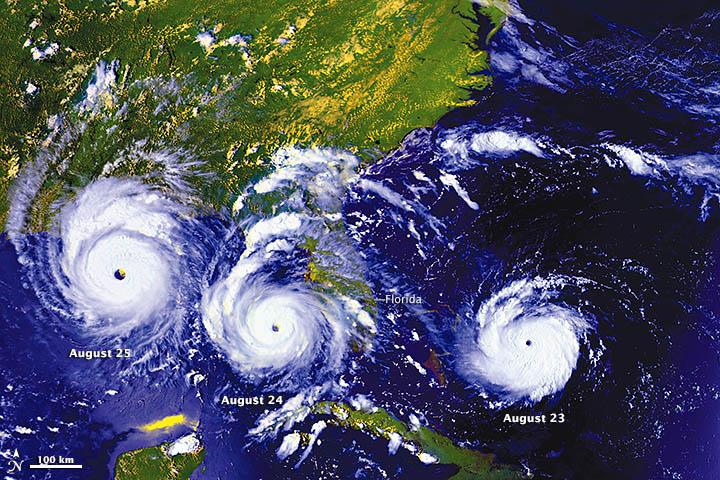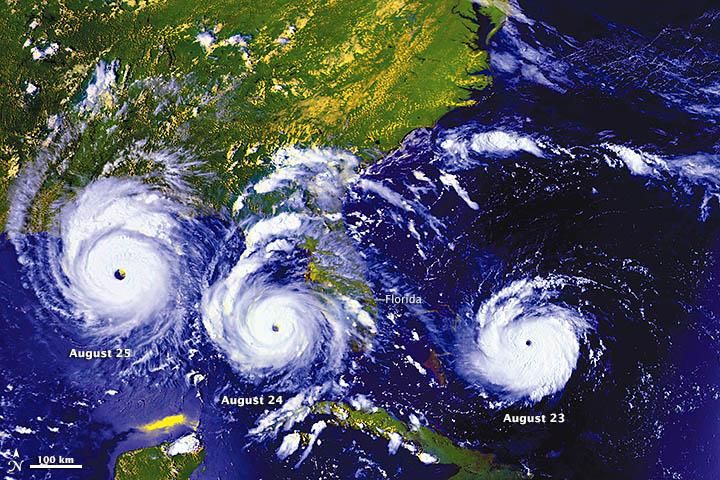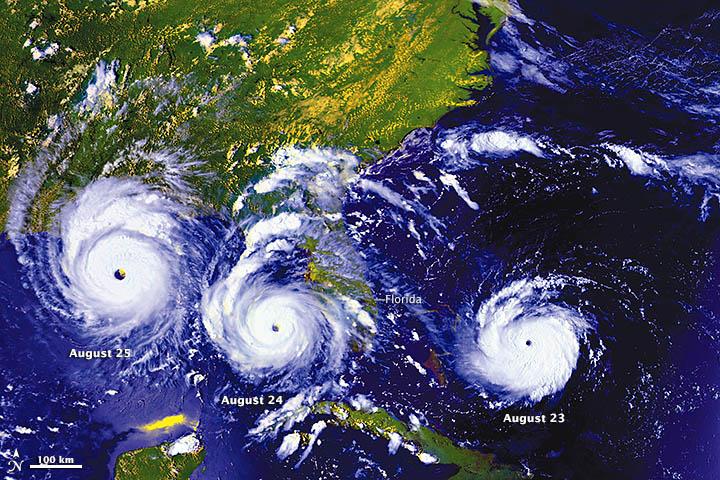The idea is highly controversial, but environmental scientists believe they could reduce the energy of hurricanes by one category using a technique called Marine Cloud Brightening (MCB).
Three U.K. researchers and one from the United States looked at how sea surface temperature affects the intensity of hurricanes, noting that maritime stratocumulus clouds play an important role in the development of these massive storms.
Using a climate ocean atmosphere coupling model (HadGEM1), the researchers calculated that the average sea surface temperature could be lowered by several degrees, potentially lowering the intensity of hurricanes by one category.
“Hurricanes derive their energy from the heat contained in the surface waters of the ocean,” said Alan Gadian at the University of Leeds in a press release.
“If we are able to increase the amount of sunlight reflected by clouds above the hurricane development region, then there will be less energy to feed the hurricanes.”
Unmanned vehicles could deliver minute droplets of seawater into the hurricane development region, where enough would ascend to increase the clouds’ reflectivity, sending more sunlight back into space and lowering the temperature of the sea surface.
“Data shows that over the last three decades, hurricane intensity has increased in the Northern Atlantic, the Indian and South-West Pacific Oceans,” Gadian said. “We simulated the impact of seeding on these three areas, with particular focus on the Atlantic hurricane months of August, September, and October.”
Different cloud-seeding methods have already been used to alter rainfall, such as during the 2008 Beijing Olympics in China.
But there are various important factors to consider, for example cloud seeding in the Atlantic could reduce rainfall in places like the Amazon basin.
“Much more research is needed and we are clear that cloud seeding should not be deployed until we are sure there will be no adverse consequences regarding rainfall,” Gadian said.
“However, if our calculations are correct, judicious seeding of maritime clouds could be invaluable for significantly reducing the destructive power of future hurricanes.”
The study was published in Atmospheric Science Letters on Aug. 23, and can be accessed here.
The Epoch Times publishes in 35 countries and in 19 languages. Subscribe to our e-newsletter.






